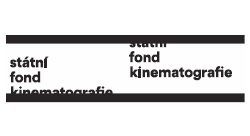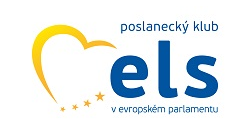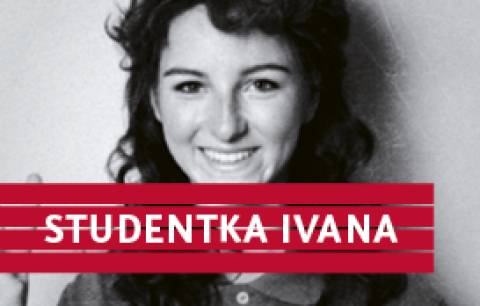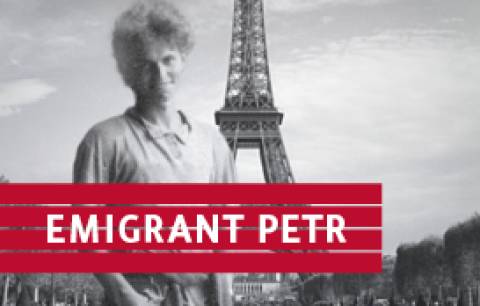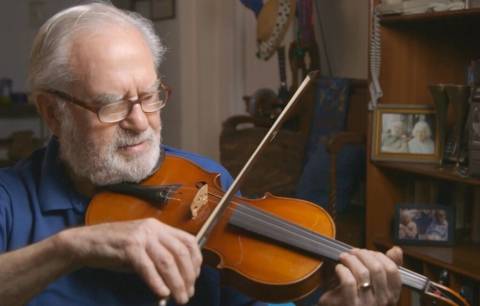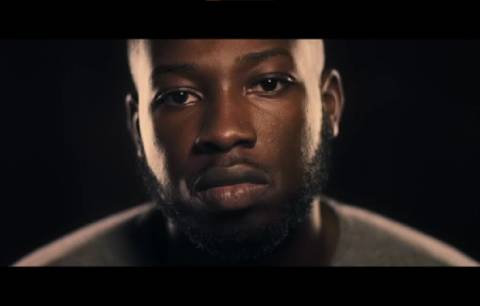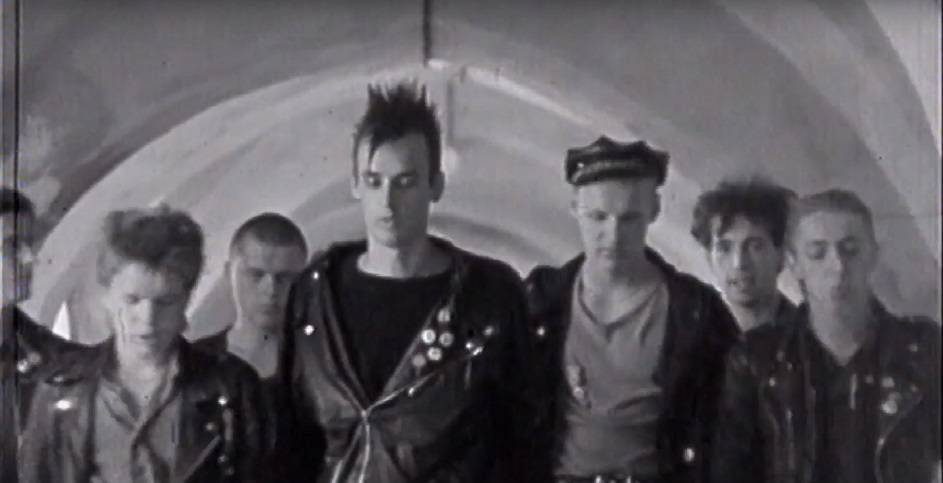
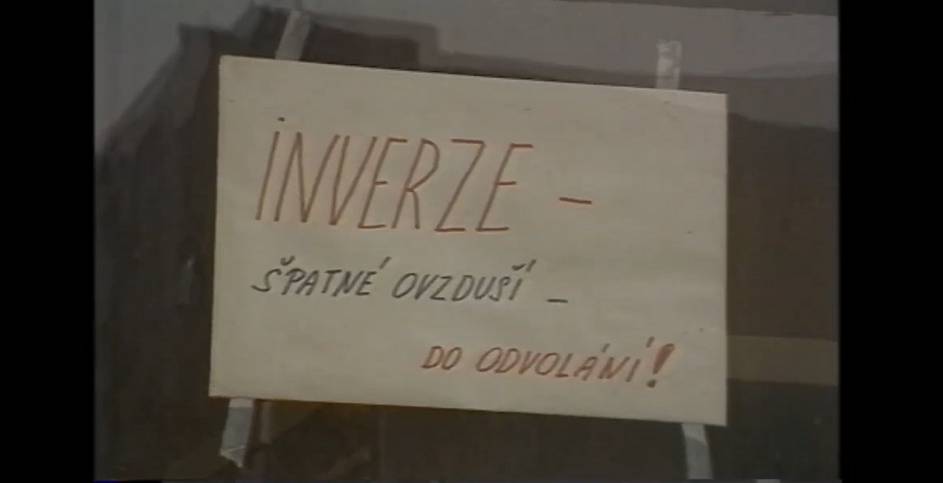
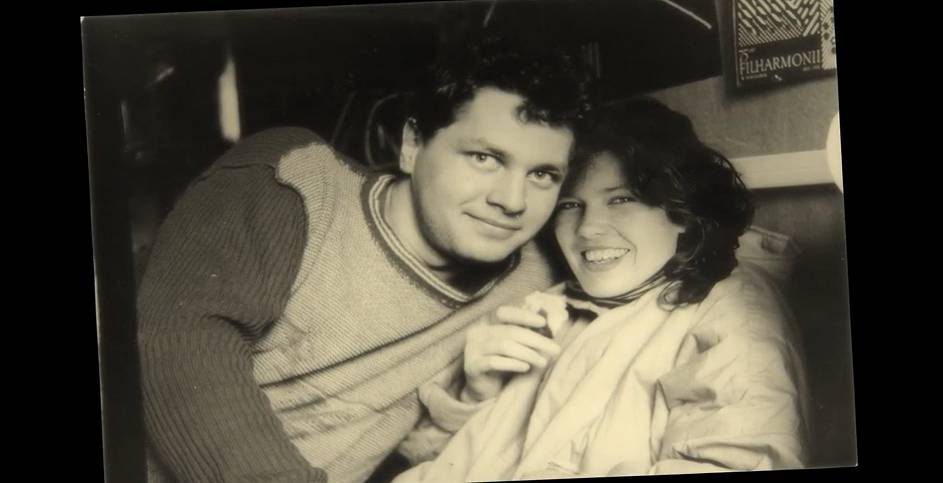
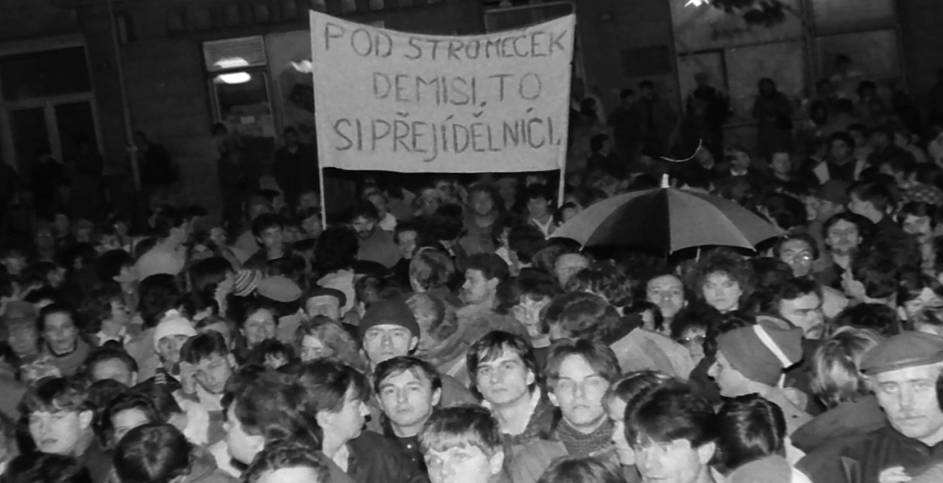
Teaching materials
materials marked with a lock icon require logging in
A world we want to live in
Activity / 90 min. / doporučený věk: 13+
Students will:
- explore the issues that troubled the younger generation towards the end of the normalisation period;
- become aware of what young people did not like about life in Communist Czechoslovakia, and what they wanted to change; they will compare their findings with the present day;
- and participate in a group discussion to create apt slogans that they will later use to make placards.
Questions and Answers
Informational texts
- the state of environment in communist Czechoslovakia
- independent culture and punk
- protests and demonstrations in Teplice
- persecution of youth
How to reflect on emotions after the film screening
Informational texts
- Why is it important to reflect on emotions?
- Basic methods of reflection
- From reflection to discussion
Teaching with documentaries: Methodological handbook
Handbook containing a collection of comprehensive activities designed for teaching with documentaries, along with the OWIS theoretical framework for English lessons.
English activities for teaching with documentaries
Informational texts
A set of activities generally applicable to working with film in English classes

